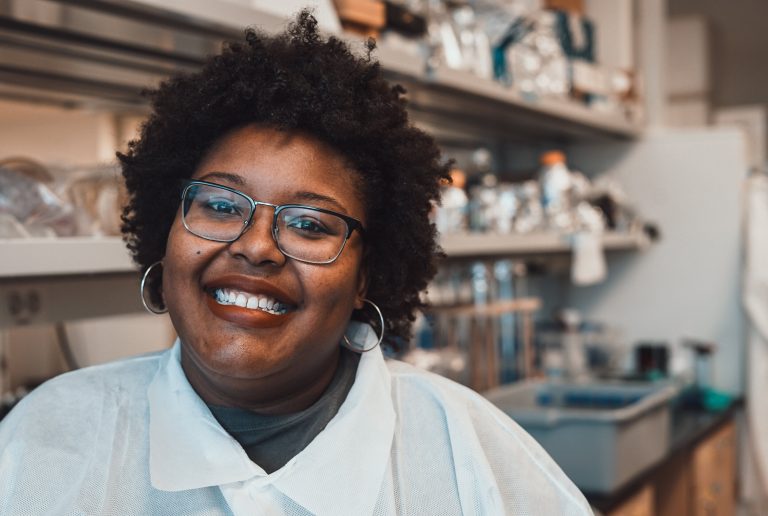Monday, August 22
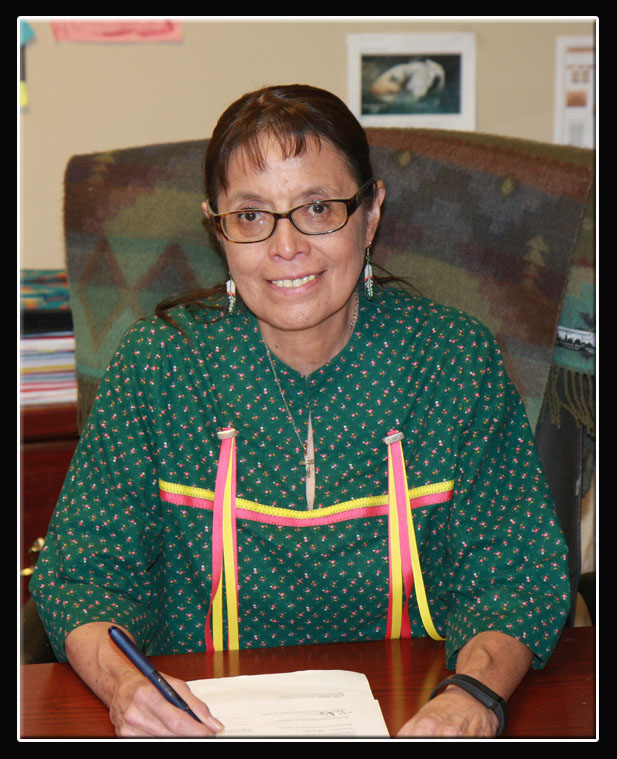
Carol Evans
Spokane Tribe of Indians
Welcome to Spokane and Land Acknowledgement
Carol Evans is the Chairwoman of the Spokane Tribal Business Council, she is the first woman to serve as Tribal Chair. Prior to being elected to the Spokane Tribal Council in 2013, she worked twenty-eight years as the Chief Financial Officer for The Spokane Tribe of Indians.
Carol graduated from Eastern Washington University with a Bachelor of Arts Degree in
Business Administration and retains a CPA Inactive Certificate from the State of Washington.
Dr. Moore’s presentation will preface and introduce some of the concepts to be covered in the Women of Color workshop (WOC shop) offered Monday afternoon. A WOC Space, LLC is a consulting and training company focused on changing the cultural climate for Women of Color (WOC) in the workplace. Our mission is to provide allies and people of color accessible tools and WOCShopsTM to create and maintain an equitable, productive and inclusive workforce. If you are interested in attending please check the box in your registration form so that we can plan for the group.
Originally from Greenwood, South Carolina, Dr. Tiara Moore completed her B.S. in Biology in 2011 at Winthrop University in Rock Hill, South Carolina, where she developed an interest in marine science during a research trip in Costa Rica. She received her M.S. in Biology with a concentration in Environmental Science in 2013 from Hampton University in Hampton, Virginia, where she conducted research on the water quality of the Chesapeake Bay linking sediment oxygen demand and nutrient cycling to the eutrophication of the Bay.
After completing her M.S., she spent 2 months in Bali, Indonesia identifying the diversity and abundance of meiofauna in marine sediments across the coral triangle. Dr. Moore earned her PhD in Biology from UCLA, where she conducted research in Mo’orea, French Polynesia, Carpinteria Salt Marsh, and Upper Newport Bay. In Mo’orea, she observed the effects sedimentation and nutrient pollution have on the proliferation of coral reef macroalgae. In Carpinteria and Newport, she explored the effects of macroalgal decomposition on sediment biogeochemistry and the microbial community using environmental DNA (eDNA) to assess the biodiversity of entire ecosystems with only a soil sample. Dr. Moore completed a postdoctoral fellowship at the University of Washington and The Nature Conservancy where she used soil eDNA to develop a biodiversity census of Ellsworth Forest comparing species diversity across management treatments over the past 10 years.
Currently, Dr. Moore is the Black In Marine Science Program Lead at The Nature Conservancy. Inside and outside of the lab, Dr. Moore hopes her research in biodiversity will translate to increasing the overall diversity in science. She dedicates her time to mentoring minority women in the lab and in after school programs. Founder of A WOC SPACE, Dr. Moore aspires to make a safe and inclusive workplace for women of color (WOC) through WOCShops, individual personal trainings, and community outreach. To round things off Dr. Moore combines her experiences as a WOC Scientist with her upbeat personality in her Academic Standup Shows, both communicating science and the struggles of being a minority in STEM.
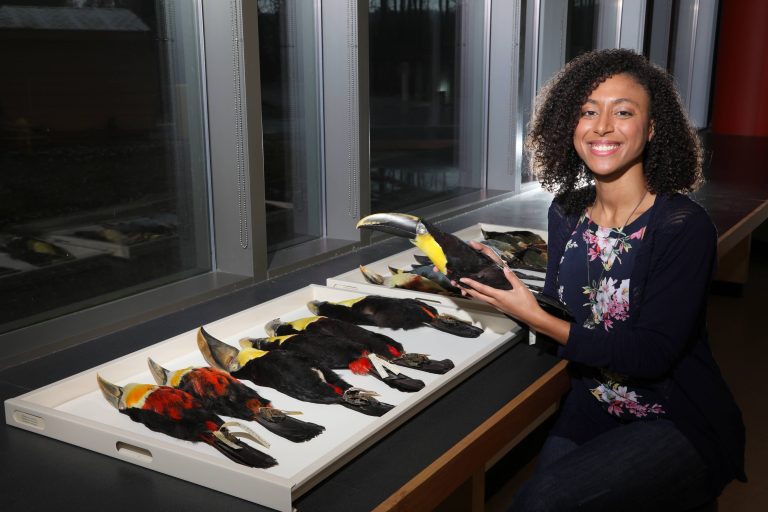
Amelia-Juliette Demery
Cornell University
Safe fieldwork strategies for at-risk individuals, their supervisors and their institutions
As a result of identity prejudice, certain individuals are more vulnerable to conflict and violence when they are in the field. It is paramount that all fieldworkers be informed of the risks some colleagues may face, so that they can define best practice together. Amelia-Juliette Demery and Monique Pipkin will present their Nature Ecology and Evolution paper titled, “Safe fieldwork strategies for at-risk individuals, their supervisors and their institutions”. There will be an opportunity to ask questions at the end of the presentation.
– exploring the genes behind avian beak color plasticity: how do individual birds change their beak color throughout their lives?
– the relationship between birds’ eye colors and their life history across time
– characterizing the genetics within Australian finches
Amelia is pursuing a career in science policy after her dissertation, and is committed to design strong policies for conserving/promoting nature through an environmental justice lens of sustainability and resilience. As a Women Leader in Sustainability Fellow, Amelia is studying the impacts of COVID19 travel on carbon emissions for Cornell travelers. She hopes that her work will shed light on ways to lower our greenhouse gases without sacrificing the different benefits that air travel affords to students, researchers, and staff in academia.
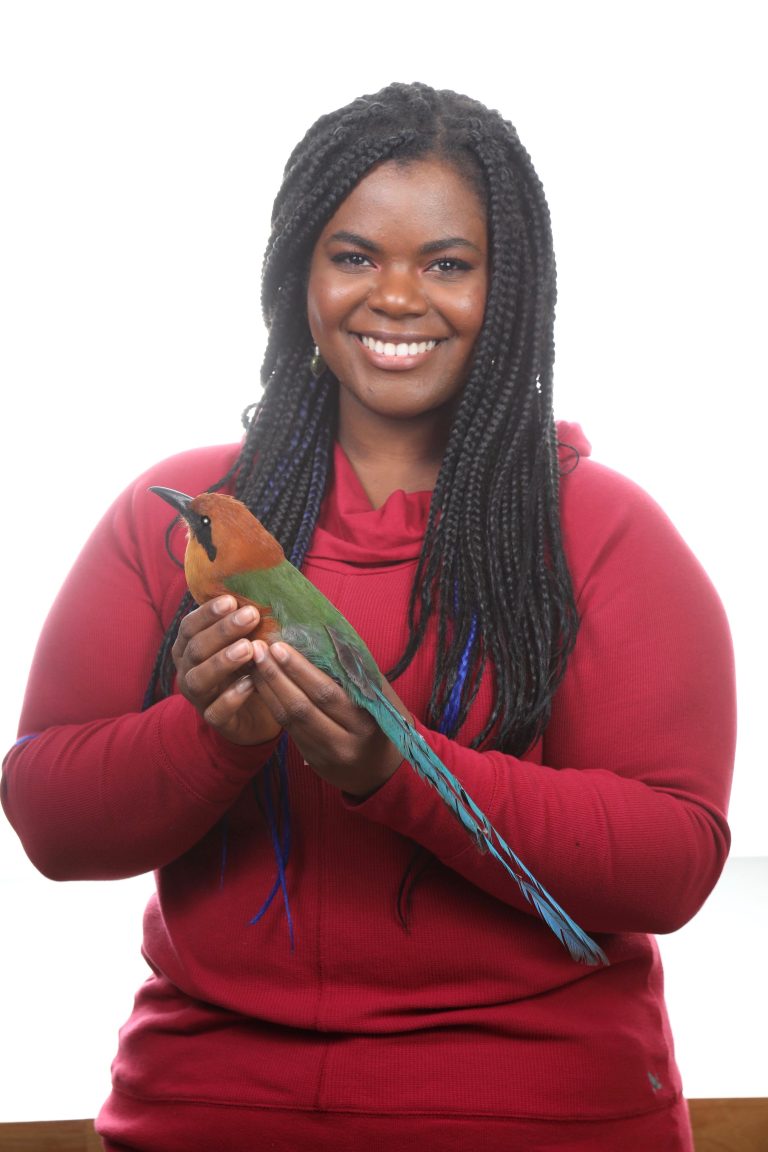
Monique Pipkin
Cornell University
Safe fieldwork strategies for at-risk individuals, their supervisors and their institutions
As a result of identity prejudice, certain individuals are more vulnerable to conflict and violence when they are in the field. It is paramount that all fieldworkers be informed of the risks some colleagues may face, so that they can define best practice together. Amelia-Juliette Demery and Monique Pipkin will present their Nature Ecology and Evolution paper titled, “Safe fieldwork strategies for at-risk individuals, their supervisors and their institutions”. There will be an opportunity to ask questions at the end of the presentation.
Monique Pipkin is a Ford Foundation Predoctoral Fellow, Alfred P Sloan Foundation Scholar and PhD Candidate at Cornell University. Monique is working under the supervision of Dr. Maren Vitousek. Her research focuses on the functional ecology and evolution of iridescent plumage, and the use of collaborative art creation as informal science education. In addition to her research, Monique is committed to outreach. She has been featured on NPR, the Women of Ecology & Evolution podcast, and The Ologies podcast. Recently, Monique contributed to an upcoming exhibit at the Smithsonian National Museum of Natural History and was turned into a trading card at Cabrillo National Monument.
Tuesday, August 23
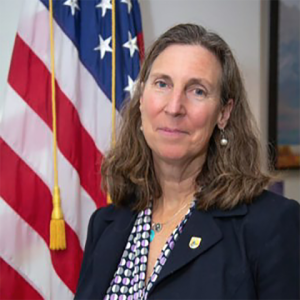
PENDING: Martha Williams
US Fish & Wildlife Service
Pending final travel approval…
Abstract coming soon!
Prior to her appointment, Martha served as the Director of the Montana Department of Fish, Wildlife and Parks from 2017 to 2020. Previously, Martha was an Assistant Professor of Law at the Blewett School of Law at the University of Montana in Missoula, Montana where she co-directed the university’s Land Use and Natural Resources Clinic.
Martha returns to Interior after serving as Deputy Solicitor for Parks and Wildlife between 2011 and 2013, providing counsel to the National Park Service and the Fish and Wildlife Service. Growing up on a farm in Maryland, Martha gained an appreciation for open lands, waters, wildlife, and people. She earned a bachelor’s degree from the University of Virginia and a Juris Doctor degree from the University of Montana School of Law.
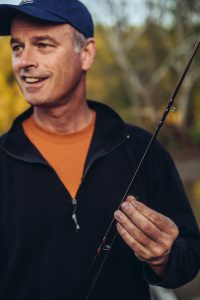
Chris Wood
Trout Unlimited
Infrastructure Funding and Conservation: Perfect Together
Abstract coming soon!
Before coming to Trout Unlimited in September 2001, Chris Wood served as the senior policy and communications advisor to the Chief of the U.S. Forest Service where he helped protect 58 million acres of publicly owned land. Chris began his career as a temporary employee with the Forest Service in Idaho and also worked for the Fish and Wildlife program of the Bureau of Land Management. He is the author and co-author of numerous papers and articles and three books including, Watershed Restoration: Principles and Practices (AFS 1997), From Conquest to Conservation: Our Public Land Legacy (Island Press, 2003), and My Healthy Stream: A handbook for streamside owners (Trout Unlimited and Aldo Leopold Foundation, 2013).
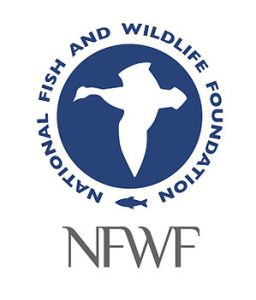
Jonathan Birdsong
National Fish & Wildlife Foundation
Talk title TDB…
Abstract coming soon!
Jonathan Birdsong, director of NFWF’s Western Regional Office in San Francisco, California, brings more than 15 years of experience in brokering strategic, non-traditional initiatives in the public and private sectors that benefit natural resources. Prior to joining NFWF, Mr. Birdsong worked for BlueWater Strategies, a boutique consulting firm in Washington, D.C. where he focused on natural resources, agriculture, energy and irrigation efficiency policies. From 2002 to 2010, he worked for U.S. Congressman Mike Thompson of California, a senior member of the House Ways and Means Committee. Mr. Birdsong handled energy, natural resources, western water and agriculture policy for the Congressman and, for the last seven years of that time, was the Congressman’s legislative director, responsible for managing legislative strategy and staff. He has a B.A. from the University of Colorado at Boulder, and an M.B.A. from The George Washington University.
Wednesday, August 24

Sammy Matsaw
Shoshone-Bannock Tribes Fish & Wildlife Dept.
Cultivating Alliances and Indigenous Research Methodologies in Natural Resources
Cultivating alliances will take an earnest and diligent effort of self and community work to undo the historical genocide, trauma, and harm left in the substantial scope and scale of colonialism projects. Storytelling is a way of interpreting the natural landscape and phenomena through metaphors to respecting the sources of life-giving entities aka natural resources. Indigenous Peoples are living in their homelands since time immemorial; however, have been removed in some form or fashion aka erasure. Traditional/Indigenous Knowledge is still practiced today persisting over 500 generations informing a way of knowing to be a part of nature, the land and waterways aka science. Decolonizing and Indigenous Research Methodologies is the critical lens the scientific enterprise needs to interweave different ways of knowing that informs policy towards real climate change action.
Sammy is a father, husband, grandfather, and extended family member amongst the Shoshone-Bannocks and Oglala Lakota Tribes. He is a pipe-carrier and Sundancer with both his mother and father’s tribes. Currently, as a Research Scientist/Principle Investigator, he brings ten+ years of science and management involved in Indigenous sovereignty and treaties with the Shoshone-Bannock Tribes’ Fish and Wildlife department.
Sammy along with, his wife, Jessica oversee operations of River Newe an Indigenous-owned nonprofit (rivernewe.org). He also brings ten years of military experience and leadership as a combat veteran. Lastly, he holds a Ph.D. in Water Resources—Science & Management from the University of Idaho, a Master’s of Science in Biology—Conservation Genetics and Bachelor of Science in Ecology from Idaho State University.
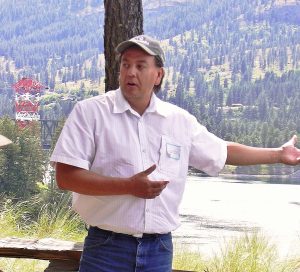
Warren Seyler
Spokane Tribe of Indians
Rivers and Fish: A Tribal Perspective
Take a trip back in time and learn how tribal ancestors survived and thrived for more than 14,000 years as a semi-nomadic river people, that lived upon the plateau, relying on the salmon, steelhead, shellfish, and eel that the creator placed in their waters. Historically the Tribes depended on the magnificent bounty of salmon that once swam in the upper reaches of the Spokane and Columbia rivers. These salmon fed the area tribes for thousands of years until their migration was blocked by the construction of the hydropower system. Finally, join a present-day journey focused on the efforts that the Spokane Tribe of Indians and other Upper Columbia United Tribes (UCUT’s) are pursuing today in an effort to bring back salmon into the blocked area above Chief Joseph and Grand Coulee dams.
Warren Seyler is a member of the Spokane Tribe of Indians and a prolific storyteller. He served for fifteen years on the Spokane Tribe’s Business Council taking a leadership role in the regional and national efforts of health, education, and welfare of tribal people. A long-term effort directed toward getting salmon back above Grand Coulee dam into the blocked area and for the past 15 years Mr. Seyler has travelled the region as a liaison of the Spokane tribe delivering history presentations to high schools’ students, university classes, interested parties, and organizations of various disciplines about the “History of the Spokane Tribe”. During the past 4 years he has delivered history presentations and historic site tours to over 15,000 individuals.
Thursday, August 25
Modern Conservation Insights from Ancient Fishes
Dr. Solomon David’s talk will include native, often non-game fishes, as examples for discussing current fisheries conservation issues. These issues include biodiversity, management, stewardship, and science communication.
Dr. Solomon David is an aquatic ecologist and assistant professor (Nicholls State University) interested in fish biodiversity, conservation, and science communication. As principal investigator at GarLab, his current research focuses on the ecology of ancient fishes (e.g. gars and bowfins), and how those species can help us better understand and conserve aquatic ecosystems. Additional projects involve conservation of Great Lakes migratory fishes and peripheral populations of species. He also communicates science through traditional and social media to raise awareness of the value of aquatic ecosystems and freshwater biodiversity
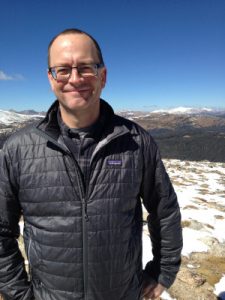
Kenneth Shockley
Colorado State University
Lessons from Leopold: Gathering perspectives for knowledge and right
It is rare that meanings are not shared. Yet it is even more rare that the meaning of a place, idea, or practice is identical between two people. In reflecting on what fish mean to us it is worth remarking on both the significance of fish to individuals, and the diversity of perspectives on all things ichthyological. Without the shared stew of economics, history, religion, culture, science and practice; fish, fishing, and fisheries would not have the meaning they have to us, to all of us.
There is a clear epistemic advantage to these multiple points of view, an advantage advocated by no less a figure than Aldo Leopold. Leopold hoped we might see ourselves as citizens of the biotic community; this is at the heart of his Land Ethic. Leopold thought that through a better integration of the wide range of perspectives – human and otherwise – that make up or represent an ecological community we would be more likely to understand that community. On Leopold’s view, once we take seriously the inclusion of other points of view we cannot help but approach other members of our ecological community with respect. Respect moves us from the epistemic advantage of multiple points of view, through the modest humility that taking seriously the perspectives of others requires, to the more inclusive ethical framework characteristic of Leopold’s worldview. Yet even if one does not endorse a comprehensive Leopoldian ethic, one can recognize the pragmatic value of integrating a diversity of viewpoints. Expressing that value is the goal of this talk.
I will begin by expanding these reflections on the work of Aldo Leopold. I will then suggest the diversity of perspectives underlying our shared meanings yields not only an epistemic advantage, but also supports a more ethical approach to addressing the diverse viewpoints of stakeholders. This approach may give us obligations as well, obligations to understand and develop a more comprehensive shared meaning of “fish.”
A few relevant publications:
“The Ethical Dimensions of Stream Restoration,” with Alan Rabideau, in Ben Hale and Andrew Light, eds., Routledge Companion to Environmental Ethics, Routledge, forthcoming.
“The Environmental Constituents of Flourishing: Rethinking External Goods and the Ecological Systems that Provide Them,” Ethics, Policy & Environment, 25:1 (2022), 1-20, DOI: 10.1080/21550085.2020.1848193
“The Great Decoupling: Why minimizing humanity’s dependence on the environment may not be cause for celebration,” Journal of Agricultural and Environmental Ethics, 31.4 (2018), 429-442.
“Distinguishing collaboration from contribution in environmental research.” w. Lash-Marshall, W. G., Friedman, K. B., & Hirsch, P. D. Journal of Environmental Studies and Sciences, 7.2 (2017), pp. 336-345.
Kenneth Shockley, the Holmes Rolston III Endowed Chair in Environmental Ethics and Philosophy, is Professor of Philosophy, Faculty in the Graduate Degree Program in Ecology, and Affiliate Faculty in the School of Global Environmental Sustainability at Colorado State University. His research interests are in ethical theory, the expression of environmental values in public policy, and the intersection of climate change, sustainable development, and environmental ethics. He has published widely in these areas and has endeavored to make his research relevant in practice. He has served in the Peace Corps, taught in Semester at Sea, and launched an experiential educational program in the environmental humanities at CSU’s Mountain Campus. Shockley teaches courses in environmental ethics, sustainability, environmental justice, philosophy of ecology, and a range of topics in theoretical, practical and applied ethics.
